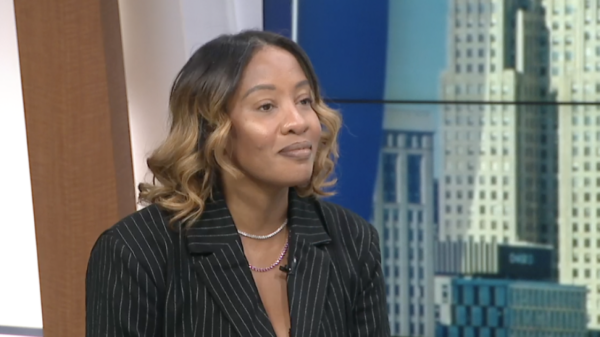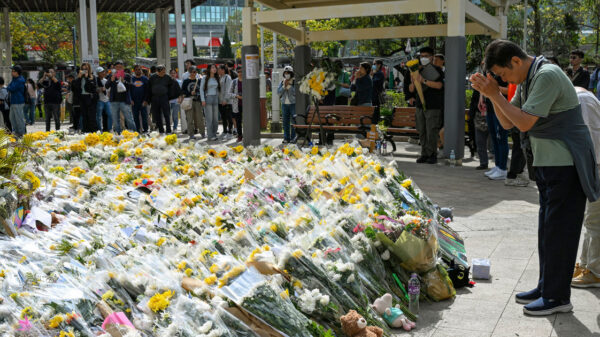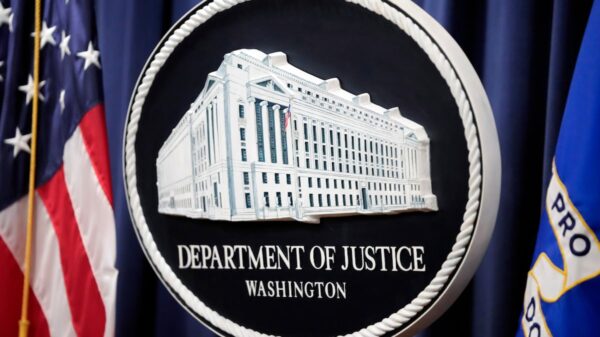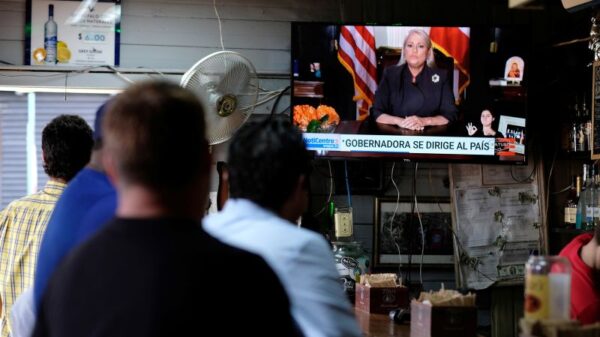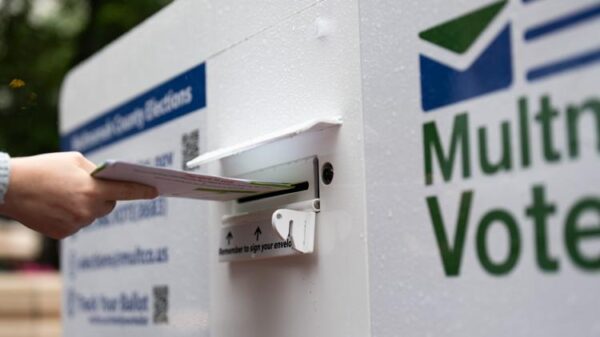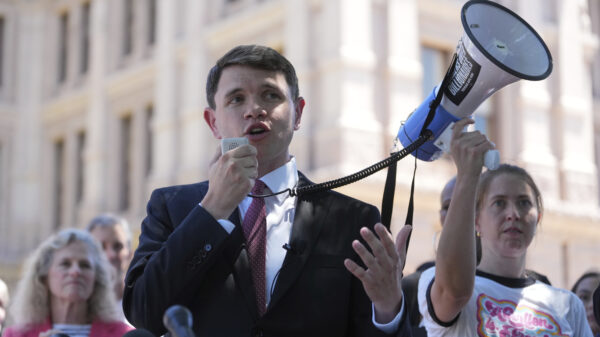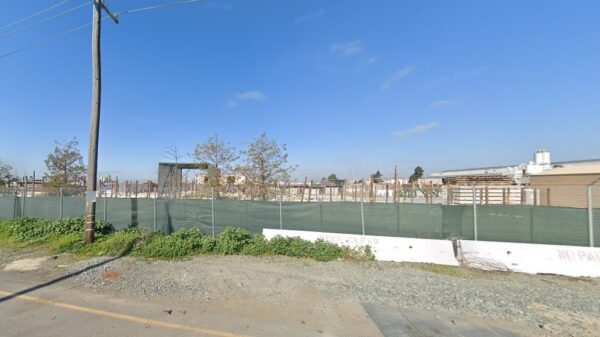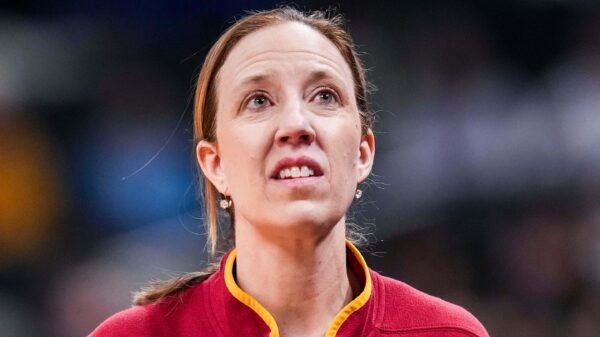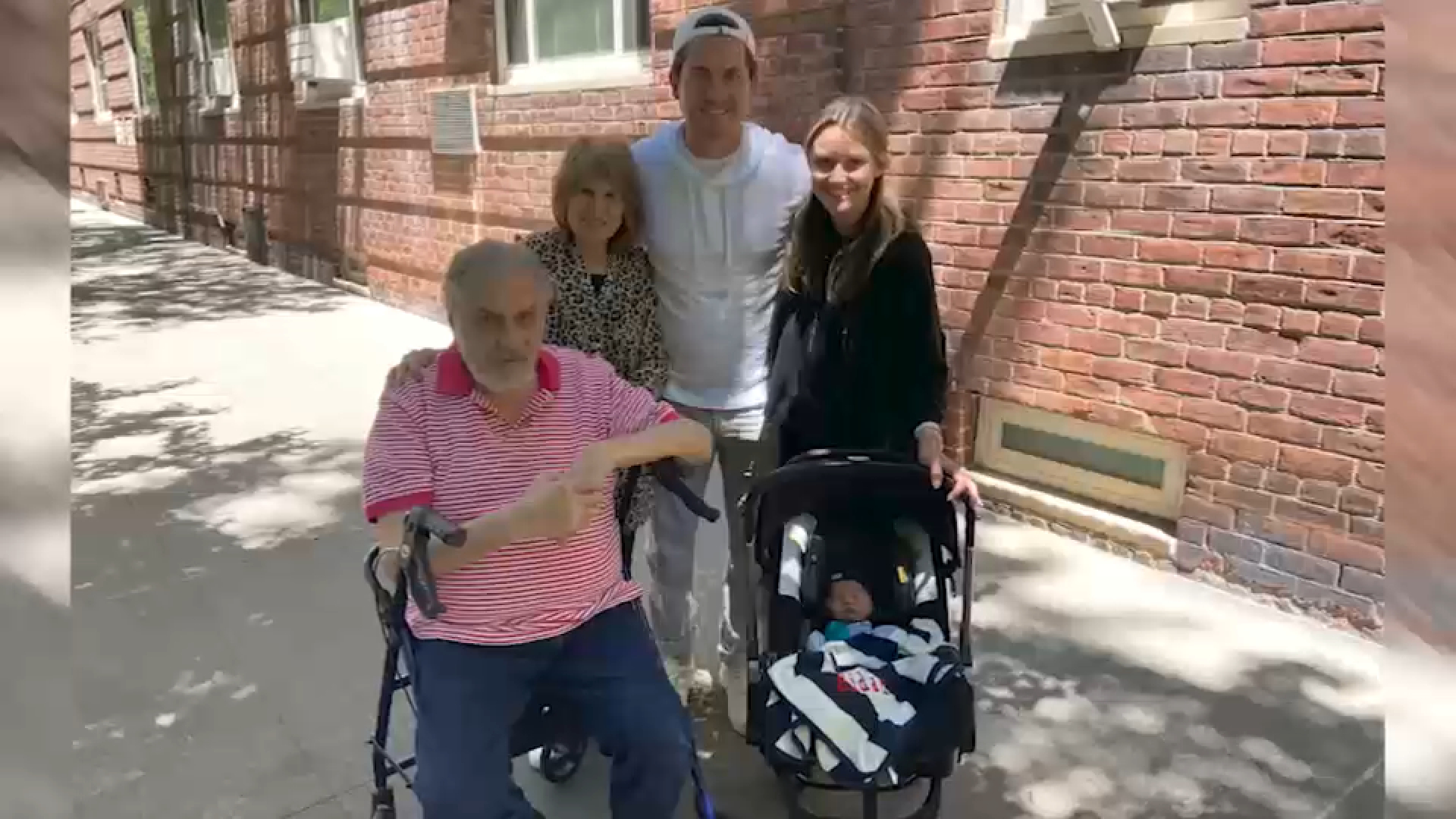UPDATE: New York City is taking immediate action to support aging residents and their caregivers, with a groundbreaking report set to be released on Friday, October 27, 2023. This initiative aims to enhance the well-being of both elderly individuals and those who care for them, revealing critical insights from a first-of-its-kind survey.
URGENCY: The city’s Department for Aging has uncovered alarming statistics about the caregiving landscape in NYC. A significant 30% of caregivers under 60 are managing responsibilities for both elderly adults and minors, indicating a growing need for support services.
IMPACT: The findings are particularly pressing as over 54% of New Yorkers under 60 report dedicating 15 to over 30 hours each week to caregiving. Alarmingly, more than 40% of older adults who provide care do not even identify as caregivers, highlighting a critical gap in awareness and resource access.
DETAILS: Alexandra Widrick, a mother of three and a caregiver to her father, Marty, who suffered from Alzheimer’s, shared her personal struggle. “I was just a teenager… and I truly feel like I just snapped my fingers and one day I was a parent of three and caregiving for my elderly dad and mom,” Widrick stated. Her experience reflects the challenges many face, often without realizing the toll it takes on their lives.
According to Lorraine Cortes-Vasquez, Commissioner of the Department for Aging, this survey aimed to understand how to better serve this demographic. “The number of hours that people are giving towards caregiving surprised me a lot,” she said. This new data will guide how services are structured to meet the needs of caregivers, potentially preventing crises before they escalate.
CONTEXT: The survey marks a shift in approach, moving from academic insights to direct feedback from those affected. This change is crucial as it allows for a tailored response to the real-world challenges faced by caregivers.
NEXT: As the full State of Older New Yorkers report is unveiled on Friday, expectations are high for actionable recommendations that will empower caregivers and provide them with vital resources. Cortes-Vasquez emphasized the importance of early identification as a caregiver to access necessary support before situations become overwhelming.
“Knowing what services and benefits are available can significantly ease the burden on caregivers,” she explained, particularly regarding logistical aspects like transportation for medical appointments.
With the pressures of caregiving affecting many families across the city, this report could be a game-changer in how New Yorkers approach elder care. The urgency for support is clear, making this a pivotal moment in addressing the needs of both caregivers and the elderly they serve.
Stay tuned for updates as the report is released and the city takes further steps to address these critical issues.





